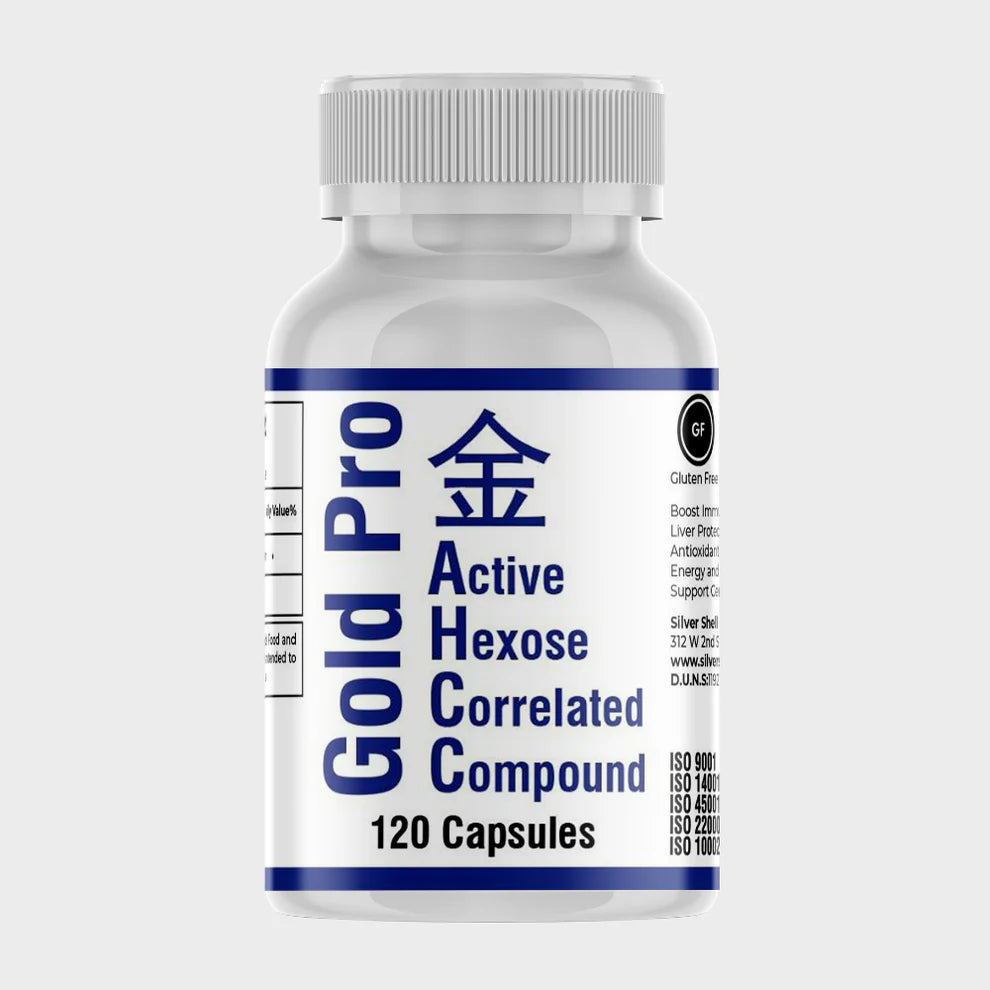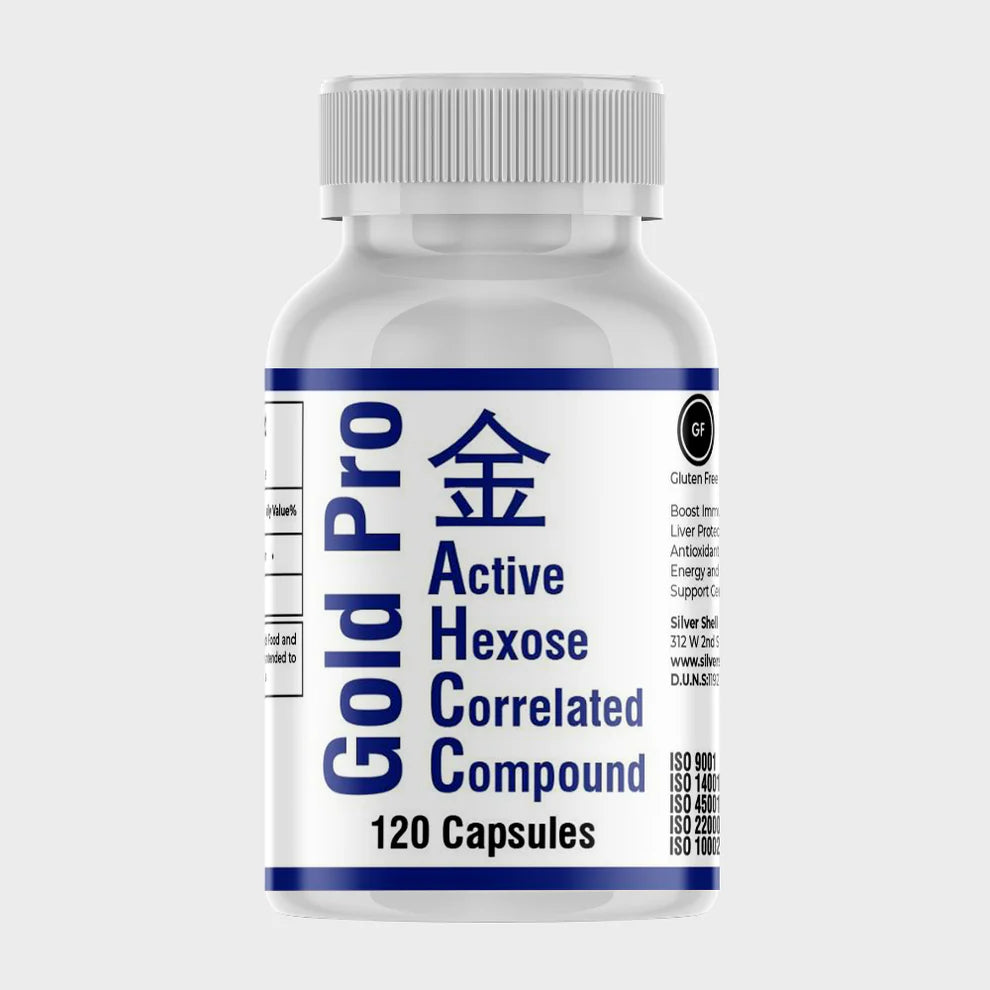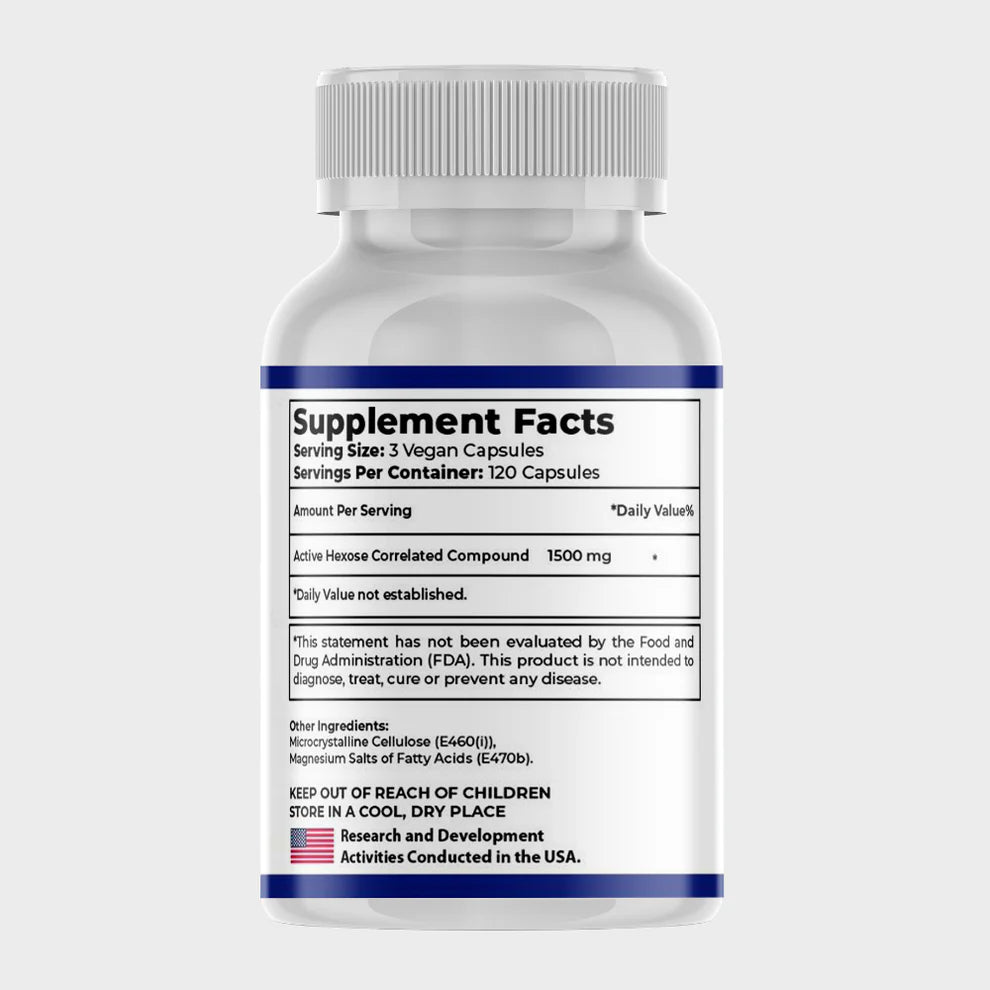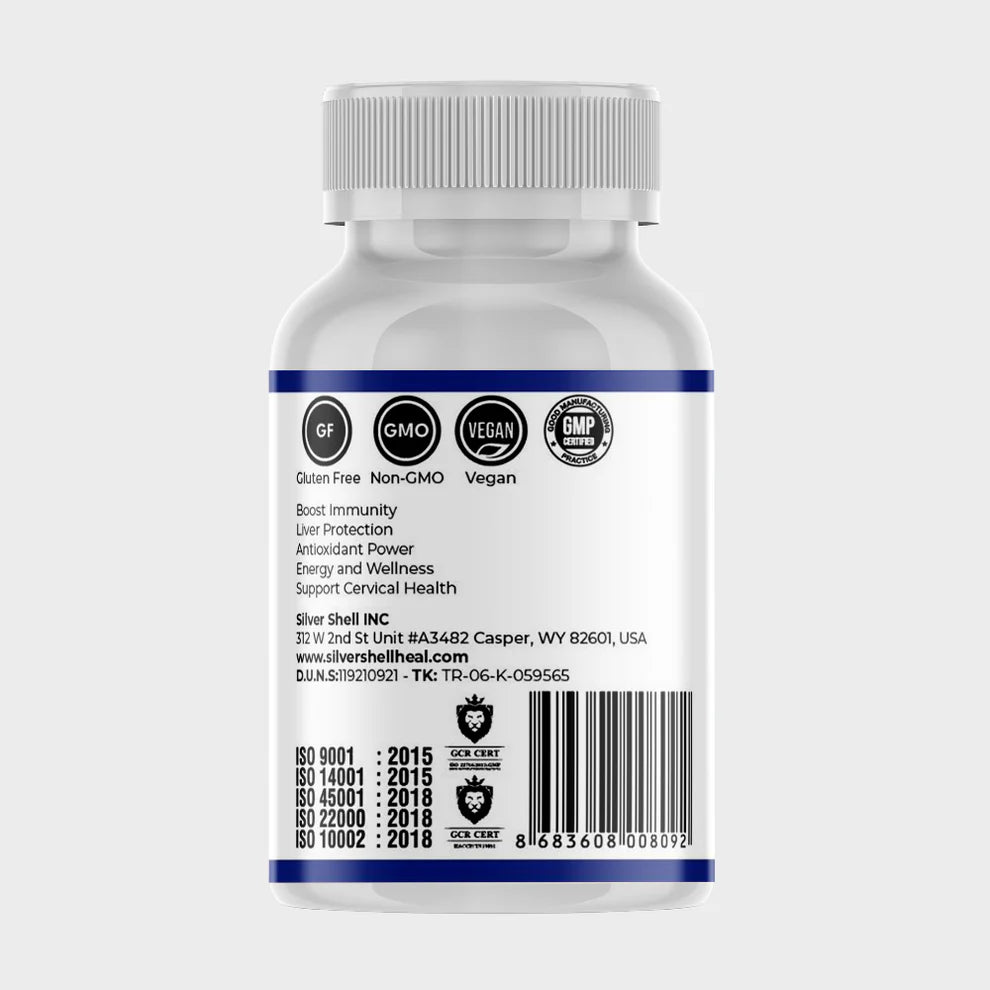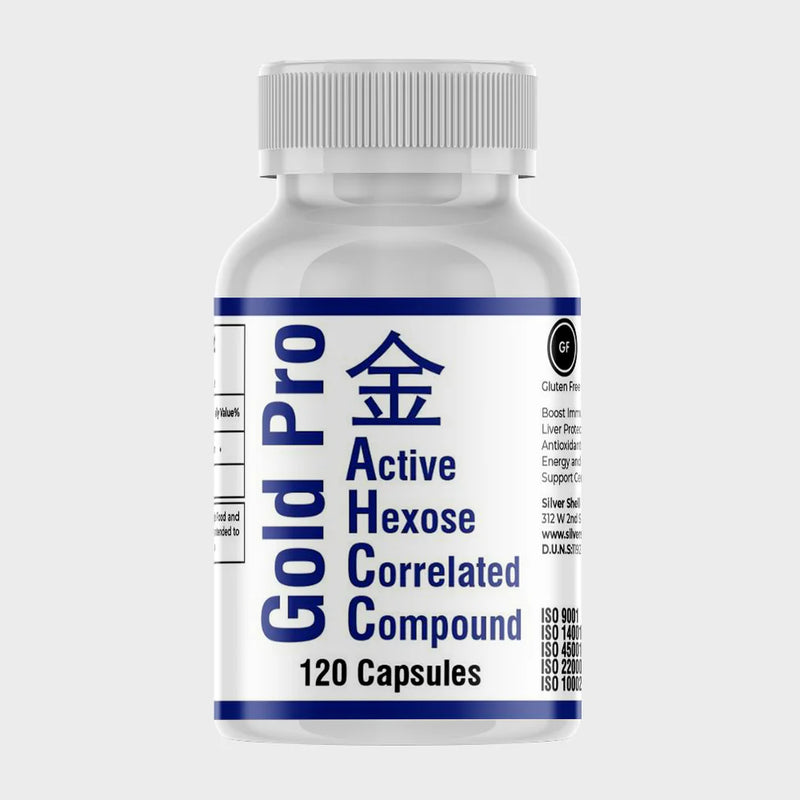When it comes to health, we tend to worry about what we can see — a fever, a rash, a lump. But what if the real danger is something silent? Something that spreads easily, often without symptoms, and slowly transforms healthy cells into cancer over time?
That’s exactly what makes HPV — Human Papillomavirus — so dangerous.
You may have heard it described as “common.” And yes, it is. But common doesn’t mean harmless. In fact, it’s one of the leading causes of cancer-related deaths among women worldwide. Every year, over 300,000 women die from cervical cancer, and the vast majority of those cases are caused by untreated, high-risk HPV strains.
This is not a topic you can afford to ignore.
What Exactly Is HPV?
HPV refers to a group of more than 100 related viruses. Some cause harmless warts on the skin. Others — known as high-risk strains — can lead to cervical, vaginal, vulvar, anal, penile, and throat cancers.
There are at least 14 high-risk HPV types. Of these, HPV-16 and HPV-18 are the most dangerous, together causing about 70% of cervical cancer cases.
Most sexually active people — nearly 80% — will contract HPV at some point in their lives. But here’s the kicker: you might never know you had it.
The Silent Threat
Unlike many infections, HPV often doesn’t come with symptoms. You won’t get a fever or a sore throat. It can linger in your body silently, doing its damage over time.
For some people, the immune system clears it naturally. For others, the virus persists, slowly causing cellular changes that can lead to cancer over several years.
This slow progression is what makes HPV so insidious. You might feel perfectly healthy today while the virus is quietly planting seeds of disease that won’t reveal themselves until it’s too late.
HPV Can Affect Anyone — Including You
There’s a misconception that HPV only affects people with a "certain kind" of sexual history. That’s dangerously misleading.
-
You can get HPV from just one partner.
-
You don’t need to have a high number of sexual encounters.
-
You can contract it even if your partner has no visible symptoms.
It’s not about “bad choices” — it’s about biology. If you’ve ever been sexually active, you’ve likely been exposed.
And men aren’t off the hook either. While women bear the brunt of HPV-related cancers, men can develop throat, penile, and anal cancers from high-risk strains — and unknowingly pass the virus on.
Why You Should Take HPV Seriously
Let’s look at some hard facts:
-
Cervical cancer is the fourth most common cancer in women globally.
-
Nearly all cervical cancers are caused by HPV.
-
Most deaths occur in women who were never screened or didn’t receive timely follow-up care.
-
Once high-risk HPV becomes persistent, the chances of cancer development rise dramatically.
Waiting to see what happens is not a safe strategy. Early detection and proactive care are the difference between prevention and a potentially deadly diagnosis.
So, What Can You Do?
Here’s what taking action looks like:
1. Get Regular Screenings
Pap smears and HPV tests are essential tools for catching changes before they become cancerous. Don’t skip them — especially if you’re over 25 or have ever tested positive for HPV.
2. Don’t Ignore Abnormal Results
A single abnormal test doesn’t mean you have cancer — but it’s a warning sign. Follow up, ask questions, and stay in close communication with your doctor.
3. Support Your Immune System
Your immune system is your first and most powerful line of defense. And when it comes to eliminating high-risk HPV, one natural compound stands out: AHCC (Active Hexose Correlated Compound).
Derived from medicinal mushrooms and backed by clinical research, AHCC has been proven to help the body eliminate persistent high-risk HPV infections. Multiple human studies have shown that taking 3 grams of AHCC daily can lead to complete viral clearance, often within months.
It’s not guesswork — it’s science. AHCC works by enhancing the body’s immune response, activating natural killer cells, and increasing cytokine production — all critical mechanisms in clearing viral infections.
If you’ve tested positive for HPV or are seeking proactive immune support, AHCC is a powerful, research-backed option worth serious consideration.
4. Spread Awareness
Talk about HPV. Encourage your loved ones to get screened. Normalize the conversation around sexual health and immune support. Silence only helps the virus.
The Bottom Line
HPV is not just common — it’s deadly. And yet, millions of people are walking around unaware they even have it. That’s what makes it so dangerous.
But you’re not powerless. Whether you’re navigating an HPV diagnosis or looking to protect yourself before one ever comes, you have options.
🛡️ Stay informed.
🧪 Get tested.
🌿 Consider immune-supporting supplements like AHCC.
❤️ Talk to your doctor.
💬 Share what you’ve learned.
Your life may depend on it.


